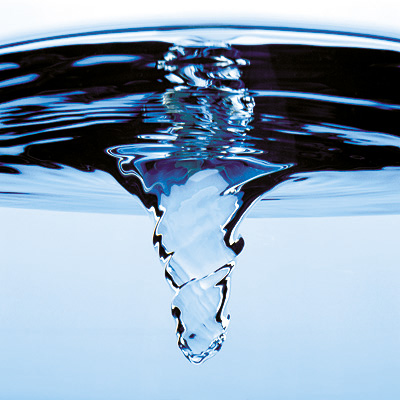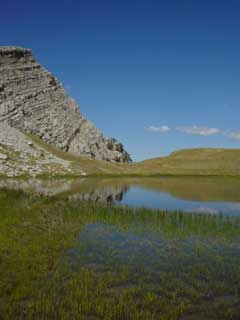 Ecosystem Approach to Sustainable Management of the Litani River
Ecosystem Approach to Sustainable Management of the Litani River
The Litani is the largest river in Lebanon, with a watershed that covers 2 468 square kilometres and is home to over 300 000 people. The river is of particular interest from a research perspective because it is the only river in the Middle East and North Africa (MENA) that runs entirely within a single national jurisdiction. The Litani is under severe stress both in terms of water demand and water pollution from industry, agriculture and untreated sewage. Despite the government's good intentions, there is at present no comprehensive knowledge of the environmental condition of the river nor any concrete plan for its sustainable management. This project aims to meet these needs through targeted research, capacity building and dissemination activities. The work will be carried out by the Development Studies Association (DSA), a national non-governmental organization (NGO); the Litani River Authority; the National Council for Scientific Research; and a consortium of Canadian consultants with experience in the region. The overall aim is to develop a participatory management framework for the sustainable use of the Litani River.
Post-Project Summary
Despite the fact that the project coincided with the most tumultuous periods in Lebanon since the civil war, the project objectives were largely achieved. Researchers compiled for the first time ever a comprehensive baseline dataset on the physical and chemical state of the river, including flow regimes and water quality with respect to bacteria and nutrients. Findings from the data analysis revealed extremely high levels of bacterial and organic pollution throughout the watershed. Using remote sensing, they produced maps (1:50 000) of the watershed that included drainage, geology, land use, soil erosion, utilities, settlements and roads, and provided the insight needed to set priorities for intervention. They carried out a number of capacity building activities aimed at strengthening the Litani River Authority (LRA) in particular. Training sessions were held on advanced monitoring and data analysis techniques (lead agencies); advanced limnology (researchers); GIS techniques (LRI); basic water quality sampling (community groups and nongovernmental organizations); advanced water quality sampling and analysis (students and institutional groups); and public awareness initiatives. Together with local groups and nongovernmental organizations, they instituted a broadly-based public awareness program throughout the entire watershed.
A total of six public workshops were organized to present the project findings as they became available and to debate their implications. Through this open and participatory framework, the team sought to promote policy dialogue and reform. The workshops included technical presentations on such topics as: fluvial characteristics and water quality; human health impacts; environmental effects of common agricultural practices; and public participation in watershed management. In addition to the dataset project outputs included the Monitoring Plan for the Litani River Basin; maps covering natural and anthropic data, distribution of the sampling points, results of the sampling, etc.; a detailed land use map showing different environmental hazards (hotspots); a database and interface for plotting graphs featuring five socioeconomic and hotspot variables; GIS training booklet, including models of some remedial scenarios; a brochure on the project; a poster on the project (displayed in schools, universities, government agencies and municipalities throughout the watershed); and the final technical report. The project attracted much media attention throughout its duration. Scientific articles were prepared for refereed journals but not published within the life of the project. A planned second phase was postponed until such time as a more stable political environment prevails.
| Project number | 101839 | ||
|---|---|---|---|
| Subject(s) | HYDRAULICS - HYDROLOGY , METHTODOLOGY - STATISTICS - DECISION AID , NATURAL MEDIUM , POLICY-WATER POLICY AND WATER MANAGEMENT , PREVENTION AND NUISANCES POLLUTION , RISKS AND CLIMATOLOGY , WATER QUALITY | ||
| Geographical coverage | Lebanon, Canada, | ||
| Budget (in €) | 0 | ||
| Programme | International Development Research Centre (IDRC): ENRM | RPE | ||
| Web site | http://www.idrc.ca/en/ev-83263-201_101839-1-IDRC_ADM_INFO.html | ||
| Period | [27/11/2003 - 14/02/2008] | ||
 you are not logged in
you are not logged in





